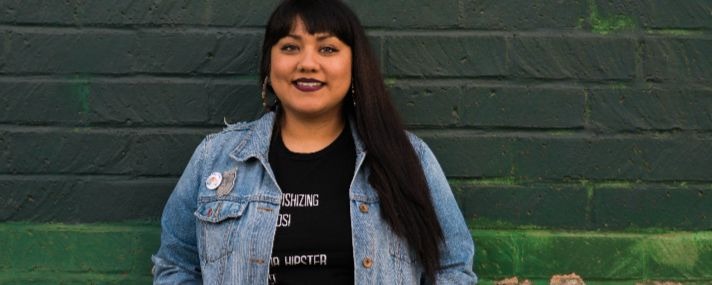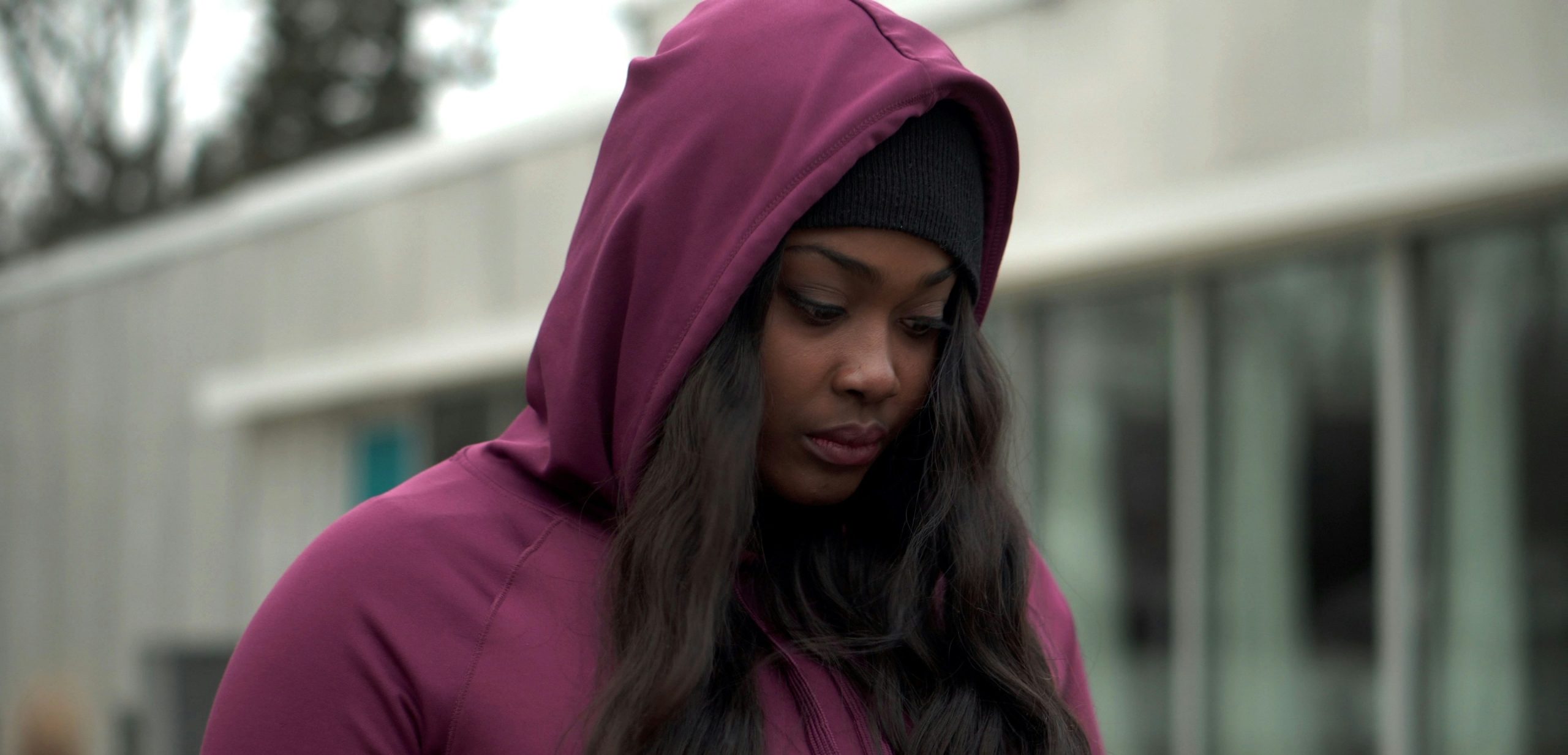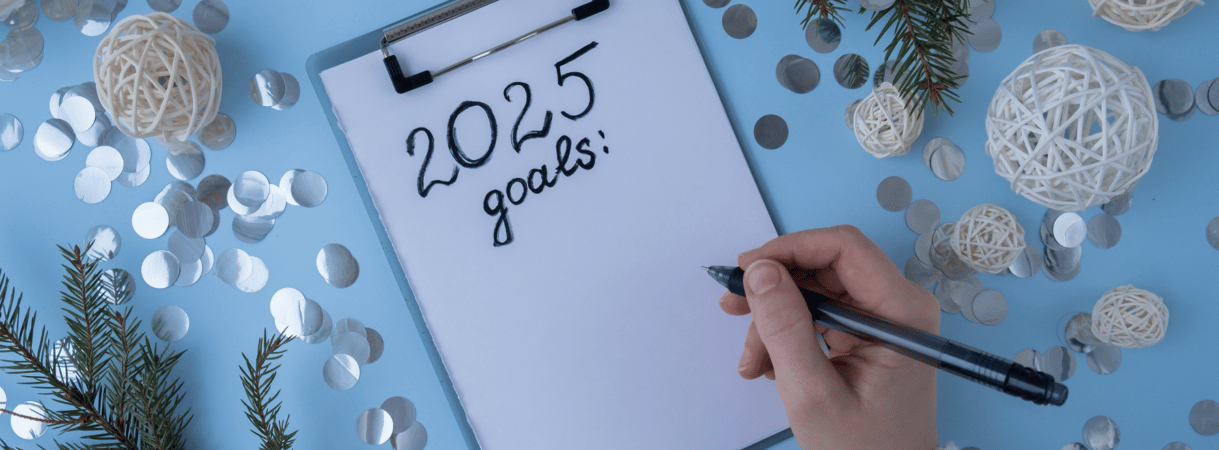Gloria Lucas is a self-described “chubby warrior, DIY punx educator, and eating disorder survivor” dedicated to increasing the representation within the body positive and eating disorder community. After struggling with her own eating disorder, Gloria felt the impact of cultural differences with the difficulty she felt about speaking out. Now, she hopes to fulfill her mission with Nalgona Positivity Pride, an organization that centers the diverse backgrounds of community members and gives back to her own community.
Learn more about the incredible work Gloria does in our interview below:
National Eating Disorders Association: Can you tell us a bit about Nalgona Positivity Pride and its goals?
Gloria Lucas: Nalgona Positivity Pride is a xicana-brown body positive organization that provides education, support groups, and a platform for people of color and indigenous descent folks who are impacted by eating problems. NPP was created in response to the lack of resources that exist for low-income people of color and indigenous-descent people.
NEDA: How did your identity as a woman of color affect the support you received for your eating disorder?
Lucas: The truth is that whether I identify as a women of color or not it does not change the history of my ancestors. The violent establishment of this country created multi-generation legacies of disparities, economic inequality, and historical trauma all which impact health, representation, and resources. For the past 40 years eating disorders have been seen as mainly impacting white, privileged women and therefore awareness and treatment have been centered on this demographic.
NEDA: Where do you want to see the eating disorders field go?
Lucas: I would like to see people of color and other groups who have not had the same opportunities create alternative healing models outside the medical industrial complex. It would be great to see indigenous peoples create more ancestral healing models to help heal indigenous peoples.
NEDA: What do you wish more people understood about eating and body image issues among people of color?
Lucas: I wish white folks would not compare our unique struggles to theirs. It would be great if white folks could recognize that they will never understand what it is like to live in our bodies and know that there are different ways to be in solidarity.
NEDA: You started a support group for women of color. How did that come about?
Lucas: Sage and Spoon was created due to lack of closed spaces that exist for people of color. One of the first steps towards healing is connecting with others and that is very hard to do in support spaces where there is no one else like you. Sage and Spoon is a twice a month peer online support group that is free and open to all people of color and indigenous peoples.
NEDA: What advice do you have for people of color who want to create their own communities or safe spaces?
Lucas: To do it. The need is urgent. To not worry if they don’t know everything and to not be afraid to ask for help.
NEDA: What should allies to marginalized groups be aware of when attempting to improve healing spaces?
Lucas: Support the folks who are already doing the work. Also, to listen to their clients and find out what their needs are.
NEDA: What words of encouragement or hope do you have for marginalized groups struggling with body image issues?
Lucas: Just know that you are not alone and that healing is possible. We as people of color have to learn to be our best advocates because no one else will do that for us.





